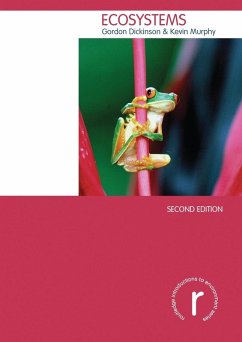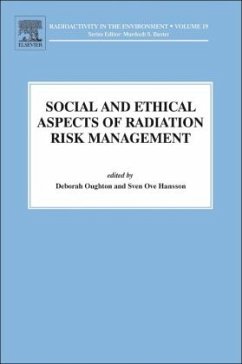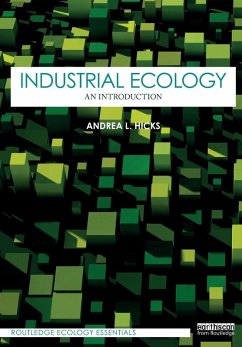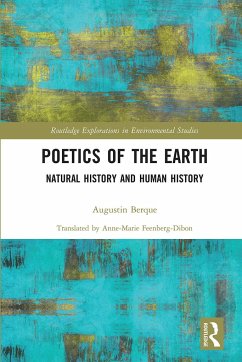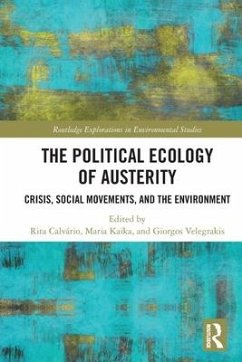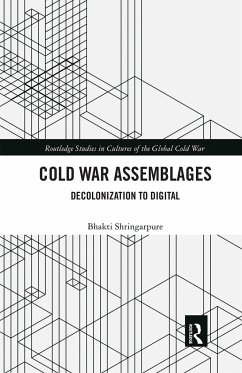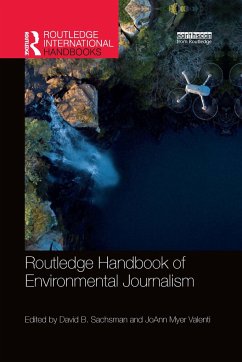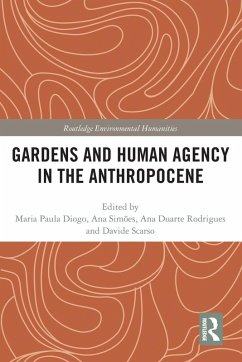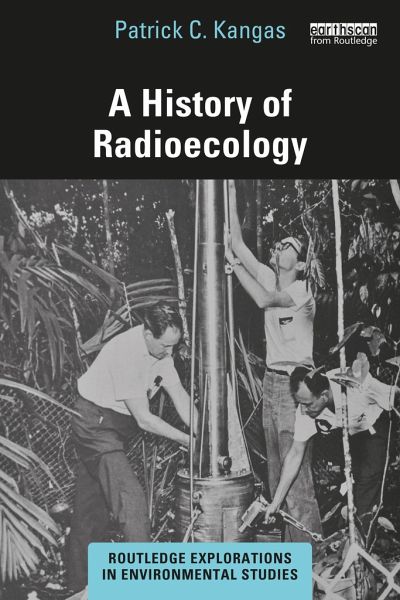
A History of Radioecology
Versandkostenfrei!
Versandfertig in 6-10 Tagen
40,99 €
inkl. MwSt.
Weitere Ausgaben:

PAYBACK Punkte
20 °P sammeln!
This book presents a history of radioecology, from World War II through to the critical years of the Cold War, finishing with a discussion of recent developments and future implications for the field.Drawing on a vast array of primary sources, the book reviews, synthesizes and discusses the implications of the ecological research supported by the Atomic Energy Commission (AEC) of the United States government, from World War II to the early 1970s. This was a critical period in the history of ecology, characterized by a transition from the older, largely descriptive studies of communities of pla...
This book presents a history of radioecology, from World War II through to the critical years of the Cold War, finishing with a discussion of recent developments and future implications for the field.
Drawing on a vast array of primary sources, the book reviews, synthesizes and discusses the implications of the ecological research supported by the Atomic Energy Commission (AEC) of the United States government, from World War II to the early 1970s. This was a critical period in the history of ecology, characterized by a transition from the older, largely descriptive studies of communities of plants and animals to the modern form of the science involving functional studies of energy flow and mineral cycling in ecosystems. This transition was in large part due to the development of radioecology, which was a by-product of the Cold War and the need to understand and predict the consequences of a nuclear war that was planned but has never occurred. The book draws on important case studies, such as the Pacific Proving Grounds, the Nevada Test Site, El Verde in Puerto Rico, the Brookhaven National Laboratory and recent events such as the nuclear disasters at Chernobyl and Fukushima. By revisiting studies and archived information from the Cold War era, this book offers lessons from the history of radioecology to provide background and perspective for understanding possible present-day impacts from issues of radiation risks associated with nuclear power generation and waste disposal. Post-Cold War developments in radioecology will be also reviewed and contrasted with the AEC-supported ecology research for further perspectives.
This book will be of great interest to students and scholars of radioecology, environmental pollution, environmental technology, bioscience and environmental history.
Drawing on a vast array of primary sources, the book reviews, synthesizes and discusses the implications of the ecological research supported by the Atomic Energy Commission (AEC) of the United States government, from World War II to the early 1970s. This was a critical period in the history of ecology, characterized by a transition from the older, largely descriptive studies of communities of plants and animals to the modern form of the science involving functional studies of energy flow and mineral cycling in ecosystems. This transition was in large part due to the development of radioecology, which was a by-product of the Cold War and the need to understand and predict the consequences of a nuclear war that was planned but has never occurred. The book draws on important case studies, such as the Pacific Proving Grounds, the Nevada Test Site, El Verde in Puerto Rico, the Brookhaven National Laboratory and recent events such as the nuclear disasters at Chernobyl and Fukushima. By revisiting studies and archived information from the Cold War era, this book offers lessons from the history of radioecology to provide background and perspective for understanding possible present-day impacts from issues of radiation risks associated with nuclear power generation and waste disposal. Post-Cold War developments in radioecology will be also reviewed and contrasted with the AEC-supported ecology research for further perspectives.
This book will be of great interest to students and scholars of radioecology, environmental pollution, environmental technology, bioscience and environmental history.





